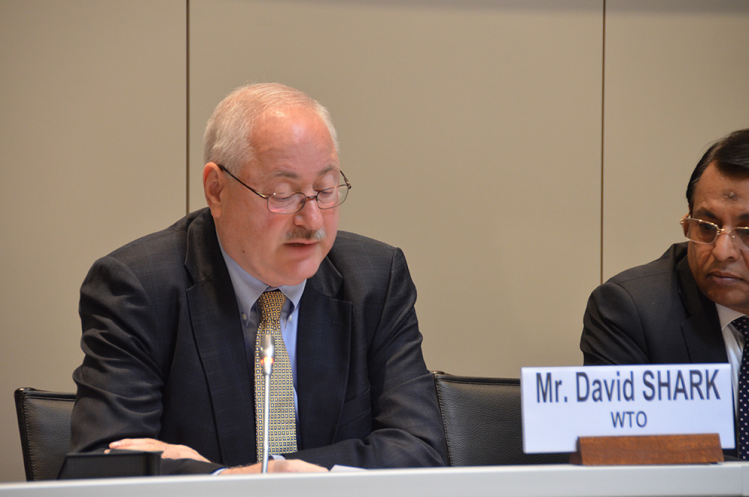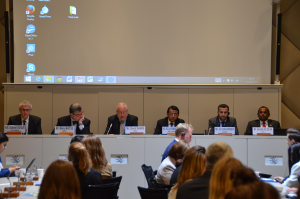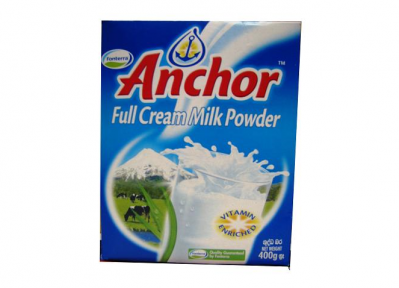Boost for Sri Lankan cinnamon industry

The Standards and Trade Development Facility (STDF) and the United Nations Industrial Development Organization (UNIDO) are working on strengthening Sri Lanka’s capacity in the area and increasing its competitiveness in the global market.
The STDF-UNIDO project is helping cinnamon producers overcome trading constraints by creating national standards and a curriculum for vocational training.
Declining exports
The country’s cinnamon exports to the world market, especially the European and North America are diminishing.
Cinnamon industry firms believe the main reasons for this is the price (compared to cassia, a cheaper substitute) and the inability to supply demanded scales due to the cinnamon not meeting buyer product specifications and food and hygienic standards (Sanitary and Phytosanitary Standards or SPS).
R. D. S. Kumararatne, Sri Lanka’s Ambassador, said the country is known as the Spice Island.
“The country was historically attractive to merchandisers from Middle East and Western nations due to its richness in spices, and Ceylon Cinnamon is the most important spice commodity in the spice sector,” he said during a meeting at the WTO’s headquarters last week.
Kumararatne added the country’s cinnamon exports have been declining, largely due to the lack of capacity to meet the sophisticated requirements of buyers and high food safety standards.
Future potential
With the help of the WTO, Sri Lanka has also started the process to register “Pure Ceylon Cinnamon” as a geographical indication in the European markets to give greater value to high-quality Ceylon cinnamon and enable true cinnamon to be protected against deceptive products.
The STDF and its partners have also supported the establishment of a Cinnamon Training Academy for processers.
It is a partnership established by the WTO and Food and Agriculture Organization (FAO), World Organisation for Animal Health (OIE), World Bank and World Health Organization (WHO) to help exporters of agricultural goods improve ability to meet international safety and hygiene standards.
David Shark, deputy director-general, said: “The STDF is an excellent example of an Aid-for-Trade partnership on strengthening sanitary and phytosanitary capacity to help developing countries gain and maintain market access.”











